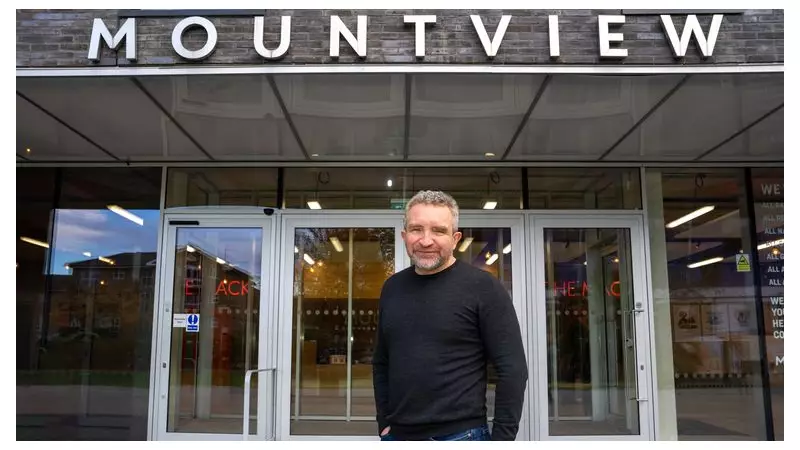
In a powerful and candid interview, celebrated British actor Eddie Marsan has launched a scathing critique of the entertainment industry's persistent class divide, accusing producers of favouring privileged actors for gritty working-class roles.
The Hackney-born star, known for his compelling performances in Ray Donovan and The World's End, didn't mince words when describing the phenomenon as "posh boys playing gangsters" - a trend he believes undermines authentic representation and limits opportunities for genuinely working-class performers.
The Reality of Working-Class Struggle
Marsan, who grew up in challenging circumstances in East London, emphasised the fundamental disconnect when actors from wealthy backgrounds attempt to portray characters from deprived communities. "It's difficult when you've been to a certain type of school and you've had a certain type of privilege to understand the nuances of poverty," he explained.
The actor revealed his own childhood experiences, sharing how his family couldn't afford heating and how he slept in a bed with his brothers for warmth. These are the authentic lived experiences that Marsan believes cannot be adequately portrayed by those who've never faced genuine hardship.
A Systemic Industry Problem
Marsan's critique extends beyond individual casting choices to address systemic issues within the industry. He highlighted how financial barriers prevent many working-class aspiring actors from even entering the profession, noting that unpaid internships and the high cost of drama school effectively exclude those without family financial support.
"The industry is run by people who are quite privileged," Marsan stated, pointing to a fundamental lack of understanding about working-class lives among decision-makers. This creates a cycle where authentic voices remain unheard while privileged actors continue to dominate even the roles meant to represent Britain's diverse social landscape.
The Cultural Appropriation Argument
Perhaps most controversially, Marsan drew parallels between class representation and other forms of cultural appropriation. "If a white actor blacked up, there'd be an outcry, and rightly so," he argued. "But a middle-class person appropriating a working-class character, there's no outcry."
This powerful comparison challenges the industry to examine its blind spots regarding class representation and consider whether the same standards applied to other forms of diversity should extend to socioeconomic background.
A Call for Authentic Change
Despite the grim assessment, Marsan remains hopeful for change. He praised initiatives that provide genuine opportunities for working-class talent and called for more comprehensive solutions that address the root causes of exclusion in the arts.
The actor's comments come amid growing conversations about representation and authenticity in British media, suggesting that the industry may be reaching a tipping point in how it approaches class diversity both on and off screen.





